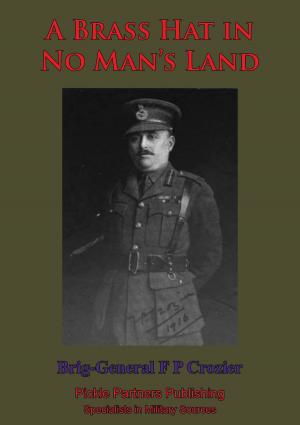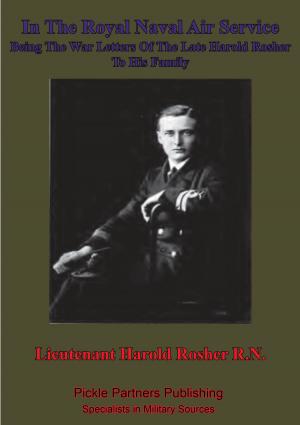| Author: | Frank Richards DCM MM | ISBN: | 9781786255549 |
| Publisher: | Lucknow Books | Publication: | November 6, 2015 |
| Imprint: | Lucknow Books | Language: | English |
| Author: | Frank Richards DCM MM |
| ISBN: | 9781786255549 |
| Publisher: | Lucknow Books |
| Publication: | November 6, 2015 |
| Imprint: | Lucknow Books |
| Language: | English |
“The life of a soldier in the first decade of the twentieth century, before the Great War.
Frank Richards is well known for his Old Soldiers Never Die, probably the best account of the Great War as seen through the eyes of a private soldier. Richards served in the trenches from August 1914 to the end in the 2nd Battalion Royal Welch Fusiliers (RWF). Born in 1884 he enlisted in the RWF at Brecon in April 1901, just three months after the death of Queen Victoria...
This is a marvellous book, full of nostalgia as it takes you back to the days of the Empire before the outbreak of the Great War, to that great little army that died on the Western front in 1914... Richards served in India and in Burma and his descriptions of the soldier’s life in those countries in those far off days and his anecdotes make wonderful reading. Kipling described east of Suez as ‘the place where there ain’t no ten commandments’. For the soldier the prime virtues were courage, honesty, loyalty to friends and a pride in the regiment. In his inimitable style Richards is down to earth though never having to use the four-letter language that is de rigueur today nor was the soldiers’ attitude to the natives very politically correct...Some of his yarns are for the broad minded - witness the ‘magnificently built’ prostitute who chose the date of the Delhi Durbar of 1903 to announce her forthcoming retirement. To celebrate the occasion and as an act of loyalty to the Crown she decided on her final appearance to make herself freely available to all soldiers between the hours of 6 p.m. and 11 p.m...But life in the army wasn’t all bad; Richards served eight years with the colours, nearly all of them in India and Burma, and in those eight years he grew three inches in height and put on three stone in weight. As a reservist he was recalled to the Colours in August 1914 and in the war that followed he was awarded the DCM and MM. This is a superb book!.”-Print ed.
“The life of a soldier in the first decade of the twentieth century, before the Great War.
Frank Richards is well known for his Old Soldiers Never Die, probably the best account of the Great War as seen through the eyes of a private soldier. Richards served in the trenches from August 1914 to the end in the 2nd Battalion Royal Welch Fusiliers (RWF). Born in 1884 he enlisted in the RWF at Brecon in April 1901, just three months after the death of Queen Victoria...
This is a marvellous book, full of nostalgia as it takes you back to the days of the Empire before the outbreak of the Great War, to that great little army that died on the Western front in 1914... Richards served in India and in Burma and his descriptions of the soldier’s life in those countries in those far off days and his anecdotes make wonderful reading. Kipling described east of Suez as ‘the place where there ain’t no ten commandments’. For the soldier the prime virtues were courage, honesty, loyalty to friends and a pride in the regiment. In his inimitable style Richards is down to earth though never having to use the four-letter language that is de rigueur today nor was the soldiers’ attitude to the natives very politically correct...Some of his yarns are for the broad minded - witness the ‘magnificently built’ prostitute who chose the date of the Delhi Durbar of 1903 to announce her forthcoming retirement. To celebrate the occasion and as an act of loyalty to the Crown she decided on her final appearance to make herself freely available to all soldiers between the hours of 6 p.m. and 11 p.m...But life in the army wasn’t all bad; Richards served eight years with the colours, nearly all of them in India and Burma, and in those eight years he grew three inches in height and put on three stone in weight. As a reservist he was recalled to the Colours in August 1914 and in the war that followed he was awarded the DCM and MM. This is a superb book!.”-Print ed.


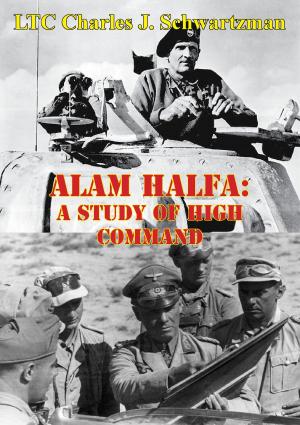
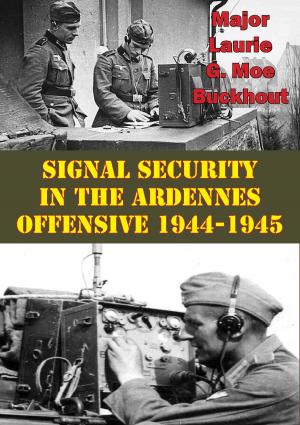
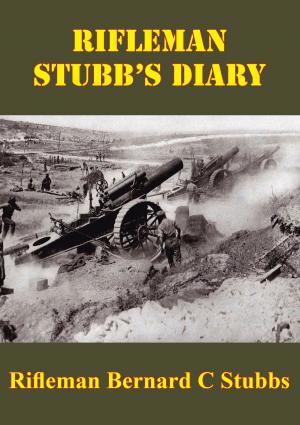

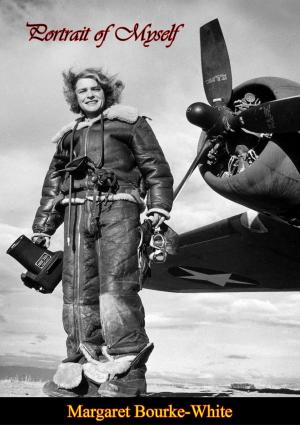
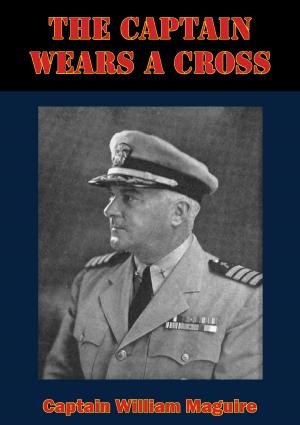

![Cover of the book Busting The Bocage: American Combined Arms Operations In France, 6 June-31 July 1944 [Illustrated Edition] by Frank Richards DCM MM](https://www.kuoky.com/images/2014/august/300x300/9781782893806-cqqy_300x.jpg)
![Cover of the book Dark December: The Full Account Of The Battle Of The Bulge [Illustrated Edition] by Frank Richards DCM MM](https://www.kuoky.com/images/2014/august/300x300/9781782898474-xBRx_300x.jpg)
![Cover of the book Hunting The German Shark; The American Navy In The Underseas War [Illustrated Edition] by Frank Richards DCM MM](https://www.kuoky.com/images/2013/january/300x300/9781782891185-dSms_300x.jpg)
![Cover of the book OMAHA BEACHHEAD - (6 June-13 June 1944) [Illustrated Edition] by Frank Richards DCM MM](https://www.kuoky.com/images/2014/august/300x300/9781782892632-IFKo_300x.jpg)

